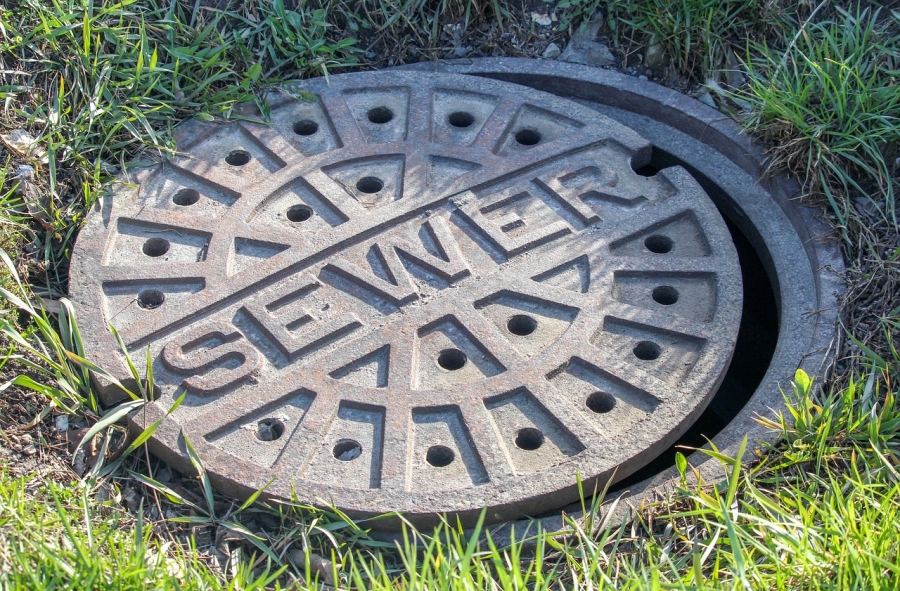Septic systems or sewer systems: what's better? What's the difference? Homeowners flush their toilets, run their sinks and take showers without putting a second thought into the sewer systems that allow for this luxury.
All of these functions rely on one of two things:
1. Sewer system
2. Septic system
Sewer systems are different than a septic system because one relies on the local government, while the other relies on the homeowner.
Why Many Homeowners Rely on Sewer Systems
A sewer system requires no maintenance, but you'll need to pay monthly fees for using the system. Local governments allow the homeowner to hook up the local sewer system, which will ensure all of your waste is gone forever.
You'll pay monthly, but you never have to worry about septic system costs and repairs.
Sewers can become clogged and they may backup over-time. This happens when neighbors and others in the community are flushing wet wipes or pouring grease down their drains. When major blockages occur, everyone is impacted.
You may not pay for the unclogging upfront, but your fees may rise to cover the expenditures.
Why Homeowners are Moving Back to Septic Systems
A septic system is your own system, and this is a tank system that's often able to hold 1,000 gallons of water. The three-layer system connects to the home, and the system is placed in the ground on the home's property.
Often seen as an eco-friendly option, you won't pay monthly fees to use your septic system.
Clogging of the system is also your fault. If the system becomes clogged, this is due to your actions: i.e. you're flushing items that cannot breakdown in the system.
Septic systems can be costly to install, and all of the maintenance and repair fees must be paid by the homeowner.
But "sewer betterment" fees are often imposed on homeowners, with some fees being in the $10,000+ range. This may include fees for installation and repairs. When these fees are considered, this is often higher than the cost to install a septic system on the land.
Septic systems do need to be pumped, and this can cost $200 - $300 every 3 – 5 years.
Concrete tanks can last 40 years with proper maintenance, while steel tanks have a lifespan of 15 – 20 years.
"Septic systems should be inspected and pumped a minimum of once every three to four years. You may not be experiencing any problems now, but a full septic tank may allow unwanted solids to flow into the drain field, which is the part of the system that consists of a distribution box and a series of connected pipe," explains Apollo Drain.
Septic systems also offer the benefit of being able to build a home in a remote area, which may not have a sewer system connection close by. But when sewer systems are close to the home, they're often chosen because they can handle large amounts of waste at a time. During storm periods where heavy rains occur, sewer systems are able to handle the water with much greater ease than a septic system.










